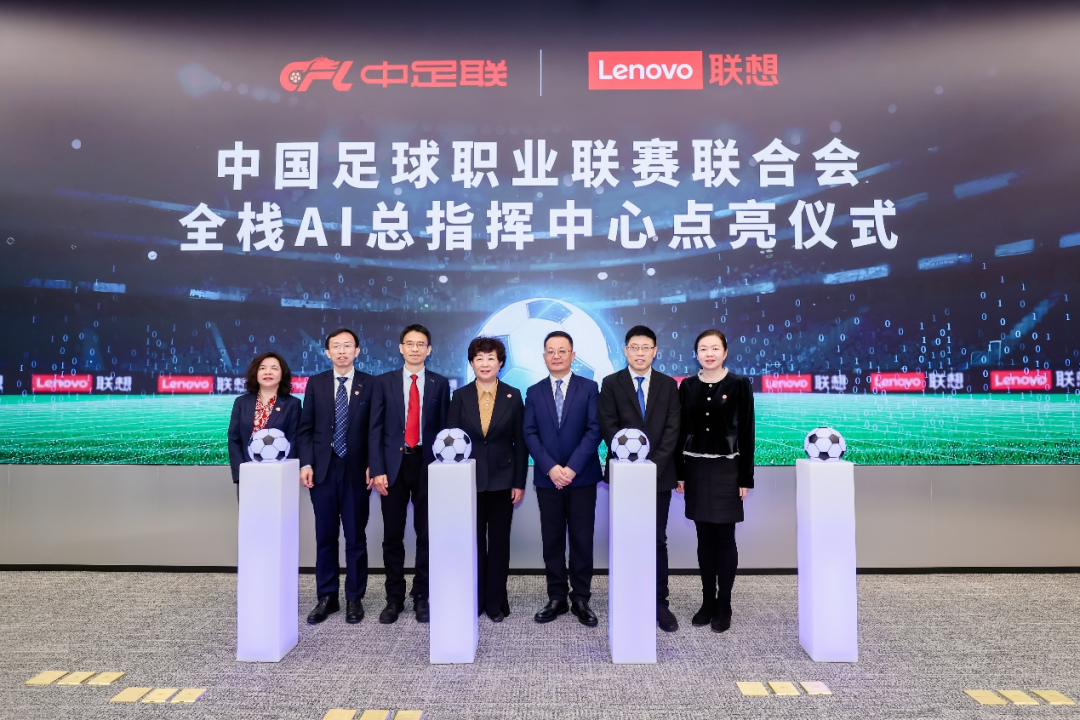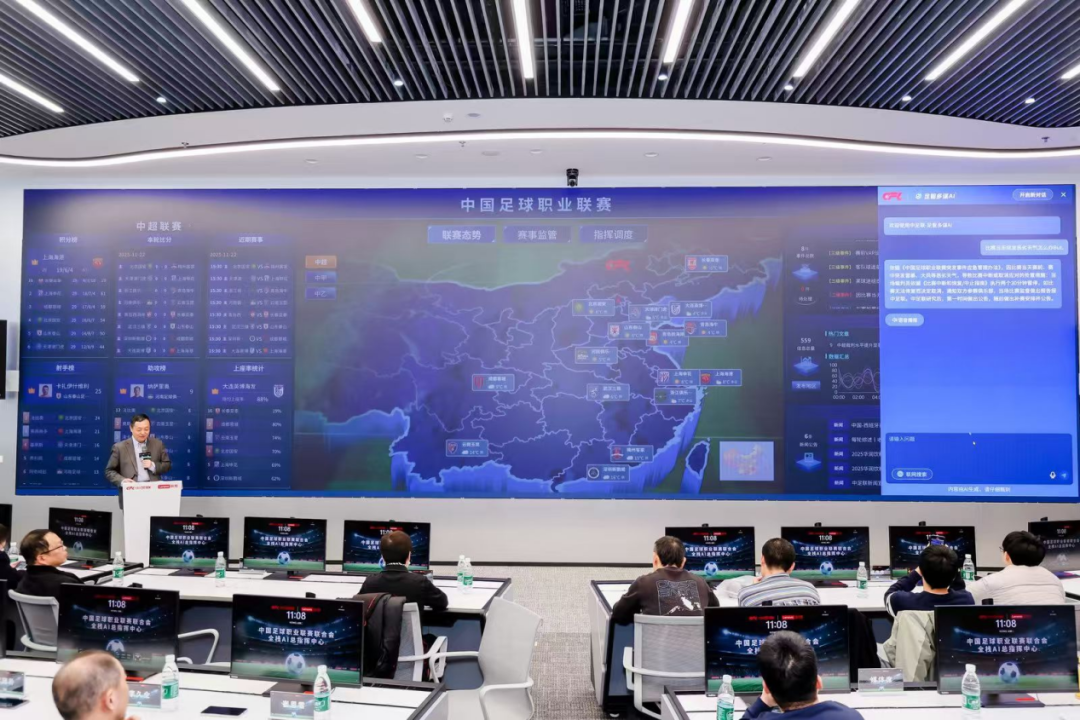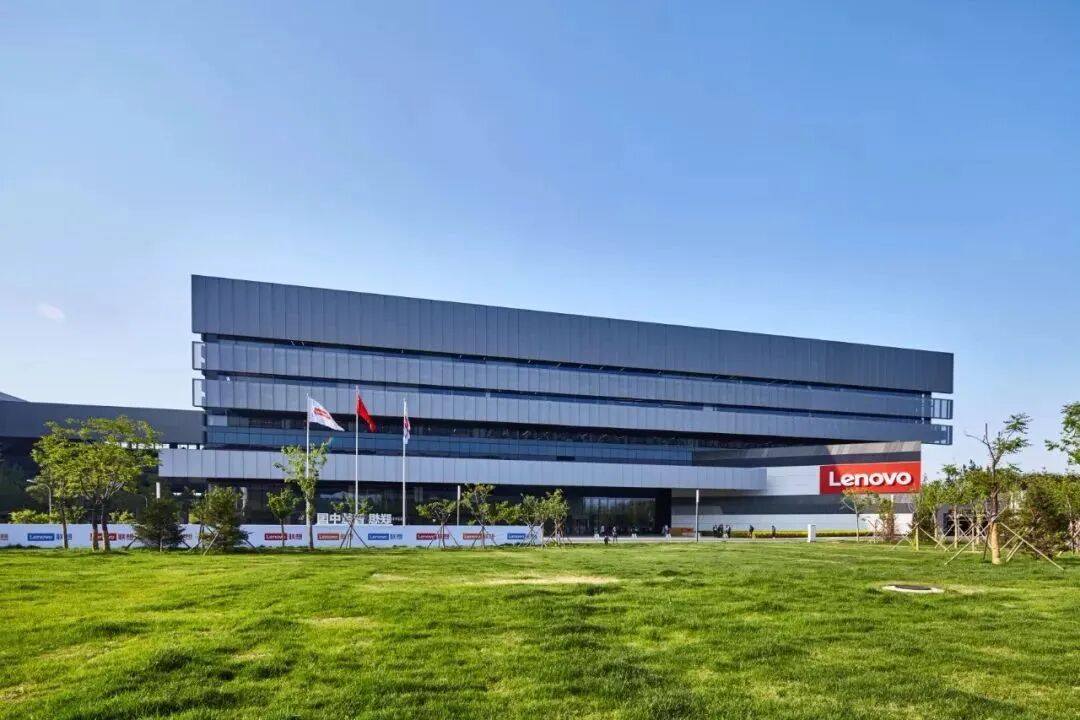Starting from Empowering Football with Technology: Numerous Possibilities of AI Transforming the Industry
![]() 11/21 2025
11/21 2025
![]() 581
581
During the 1970 FIFA World Cup in Mexico, the Brazilian national team's head coach, Zagallo, brought a special "weapon" - a data report on opponents analyzed by an IBM computer. This data analysis, which seems primitive by today's standards, helped Brazil win the Jules Rimet Cup for the third time. Half a century later, when Video Assistant Referee (VAR) technology made its debut at the 2018 FIFA World Cup in Russia, and every touch of the ball and every step run by athletes were precisely recorded and analyzed, football, the "world's most popular sport," was no longer just a traditional competition of 22 players chasing a single ball.

Data shows that football clubs worldwide have been increasing their investments in technology and data annually. Clearly, technology is redefining the boundaries of football.
On November 18, the illumination ceremony for the Full-Stack AI Command Center, jointly initiated by the Chinese Football Professional League Federation (CFPLF) and Lenovo, was held in Beijing. This marks the implementation of the first project following the official announcement of their collaboration in February this year and represents the first AI command center in China and the industry. This intelligent system, which integrates Personal AI and Enterprise AI, signifies that Chinese football has officially entered a new stage of intelligent operation with deep integration of "AI + Sports."

(Lenovo and CFPLF jointly illuminate the Full-Stack AI Command Center)
Looking back at Lenovo's connection with sports, starting from the 2006 Turin Winter Olympics, through the Beijing Olympics, Beijing Winter Olympics, Hangzhou Asian Games, and other major events, the 19-year track record of "zero failure" operation and maintenance reflects the continuous integration and upgrading of technology and sports. Now, as these accumulated experiences meet with the latest AI technologies, Chinese football may be standing at a brand-new starting point.
01 Transition Window Period: Lenovo's Solution for Digital Transformation in the Sports Industry
In 2025, the Science and Education Department of the General Administration of Sport of China listed "promoting the application of artificial intelligence in the sports industry" as a key work direction and incorporated the "Sports + Artificial Intelligence" initiative into the "15th Five-Year Plan" for Sports Science and Education Development. The digital transformation of the sports industry is indeed approaching a tipping point of explosive growth. On the one hand, foundational technologies such as 5G, cloud computing, and artificial intelligence are becoming increasingly mature. On the other hand, the post-pandemic era has witnessed structural changes in sports consumption demand, with online-offline integration, personalized experiences, and data-driven decision-making becoming the new norm, collectively opening a golden window period for industrial digitalization.
In this industrial transformation, tech giant Lenovo is playing a leading role with its technological prowess. Leveraging its deep accumulation in intelligent terminals, cloud computing, big data analytics, and other fields, Lenovo has not only successfully become an official partner for the 2025 FIFA Club World Cup but has also secured the identity of the first-ever official technical partner for the 2026 FIFA World Cup, becoming a core force in the digital transformation of this global top-tier sports IP. Notably, the 2026 World Cup will expand to 48 teams for the first time, with the scale of the tournament, data volume, and operational complexity all reaching new heights. This poses an ultimate test of technological empowerment capabilities and serves as an excellent testing ground for the deep integration of sports and technology.
Facing this challenge, Lenovo has outlined a clear path to breakthrough: not only will it provide comprehensive technical support for the tournament, covering core aspects such as real-time tournament data processing, intelligent viewing experience optimization, and tournament operational efficiency enhancement, but it will also collaborate with FIFA to create a new paradigm of "Smart + Sports." Through AI technology, it aims to achieve precision in tournament tactical analysis, diversification in fan interaction, and intelligence in tournament management, fully promoting the realization of the "First AI World Cup." This initiative will not only bring an excellent viewing experience to global fans but also provide a replicable and promotable digital transformation model for the entire sports industry, driving the industry's transition from "experience-driven" to "data intelligence-driven" and setting an industry benchmark for technology-empowered sports.
02 Deconstructing "Full-Stack": A Complete Ecosystem for Intelligent Sports
As the digital transformation of the sports industry enters deep waters, single-technology empowerment can no longer meet the industry's upgrading needs. On February 22, 2025, Lenovo and the Chinese Football Professional League Federation (CFPLF) held a strategic cooperation signing ceremony in Shanghai, officially initiating the construction of a "Full-Stack AI" sports ecosystem. On November 18, the two parties jointly illuminated China's first Full-Stack AI Command Center in Beijing, marking the implementation of the first core achievement of their cooperation and the entry of the intelligent sports ecosystem into the practical stage.

(On-site demonstration of the application of the Duomou AI intelligent agent in organization)
As the core intelligent tool of the ecosystem, Lenovo's "Resourceful AI" intelligent agent, based on the Lenovo Baiying Intelligent Agent 2.0 as its core technological foundation, deeply integrates L3-level AI capabilities. It is a leading tournament intelligent tool in the Chinese football industry in terms of data scale and analytical expertise. In terms of data dimensions, it has constructed the industry's most extensive tournament database, relying on the deep reading and integration capabilities of the Lenovo Baiying Intelligent Agent to enable real-time access and storage of data resources covering the entire chain of "competition-operation-youth training." In terms of analytical expertise, its built-in specialized algorithms and intent recognition functions can precisely match the needs of different users, aiding tactical reasoning before the match, providing real-time data feedback during the match, and supporting in-depth post-match reviews and summaries, offering scientific support throughout the process and ensuring that every decision is "data-driven and intelligently supported."
It is understood that in terms of personal intelligence, Lenovo provides a series of cutting-edge AI innovation terminal products and technological combinations to assist staff in quickly completing remote operations, data processing, and other tasks, providing strong technical support for tournament operations. In terms of enterprise intelligence, Lenovo achieves more efficient data storage and tournament live broadcasting by deploying AI infrastructure such as servers and high-performance workstations, providing a one-stop solution to ensure stable tournament operations and presenting a richer and more immersive viewing experience for fans nationwide.
From precise talent identification in youth training to dynamic management of professional players' training status; from tactical breakdown and optimization in individual matches to efficient planning of entire season operations; from personalized content delivery for fan services to precise traffic conversion for commercial development, Lenovo's Full-Stack AI is penetrating every core aspect of the football industry, reconstructing the industrial ecosystem logic with technology, and driving "Smart Football" from concept to industrial practice.
"We firmly believe that through the deep integration of AI + Sports, it will inject strong momentum into the intelligent, professional, and international development of Chinese football tournaments, jointly creating a new era of Chinese smart football," said Dai Wei, Senior Vice President of Lenovo Group and General Manager of the China Solution Services Business Group. This technological upgrading path, from hardware support to intelligent services, aptly represents Lenovo's unique value in the digital transformation of the sports industry.
03 Beyond Sports: N Possibilities for AI Industry Empowerment
From the perspective of the sports industry, Lenovo has accumulated considerable technological expertise. Since the 2006 Turin Winter Olympics, Lenovo has continuously supported the Olympics, Asian Games, Winter Olympics, Asian Winter Games, and other international top-tier tournaments for 19 years, maintaining a track record of "fully intelligent" and "zero failure" tournament operation and maintenance. The accumulation of these experiences has laid a foundation for today's applications in football, and as the world's most popular sport, football offers Lenovo's technological applications vast potential.
The sports industry serves as an excellent starting point, with its long history, clear structure, mature operations, and stable and large institutional and user bases. Most mechanisms are cyclical, and the acceptance of digitalization and intelligence is high. However, Lenovo's industrial vision extends far beyond this, as its Full-Stack AI has been implemented across various industries.
This full-stack capability did not emerge overnight. As early as 2017, Lenovo proactively anticipated the wave of intelligence and constructed a complete layout of Full-Stack AI, encompassing AI terminals, AI infrastructure, and AI solutions and services. Today, in the field of AI terminals, Lenovo's AI PC and other products are reshaping user experiences with disruptive innovations, securing 19 championships on the JD.com Computer Speed Ranking during the recent Double 11 shopping festival.

In the manufacturing sector, intelligent production lines enhance quality and efficiency. Geely promotes the digital and intelligent upgrading of the automotive industry through intelligent factories and self-developed technologies, while Lenovo tailors enterprise intelligent agents for Yili, achieving data collaboration and efficiency improvements across the entire industrial chain through supply chain control towers and omnichannel marketing intelligent systems. In the government sector, intelligent services optimize people's livelihoods. In the education sector, Shanghai Jiao Tong University's "Siyuan No. 1" supercomputer, with a total computing power of 6 PFLOPS, has become a top-tier supercomputing cluster in domestic universities. Adopting green water-cooling technology, it provides strong computing power support for cutting-edge scientific research and teaching innovation, promoting the deep integration of personalized learning and scientific research tackle key problems (Note: " tackle key problems " is translated as "innovation" here as it seems to refer to innovative research efforts; if it has a more specific meaning, please adjust accordingly). In the medical field, AI-assisted diagnosis improves efficiency. This complete layout of "Edge-Cloud-Network-Intelligence" is becoming a source of momentum for new quality productive forces across various industries.
In the field of urban superintelligent agents, following strategic cooperations with the Wuyishan and Yichang municipal governments, Lenovo jointly announced in June with the Hongkou District of Shanghai the creation of an urban superintelligent agent with demonstration effects. For small and medium-sized enterprises, the Lenovo Baiying Intelligent Agent provides IT operation and maintenance, AI office, and AI marketing applications in the form of Agent as a Service (AaaS), assisting clients in generating revenue, reducing costs, and increasing efficiency.
Liu Jun, Executive Vice President of Lenovo Group and President of the China Region, pointed out at the 2025 Lenovo Capital CEO Annual Conference that over the past year, Lenovo China has accelerated the implementation of hybrid AI. In the field of personal AI, the Lenovo Tianxi Personal Superintelligent Agent continues to evolve, driving cumulative sales of AI PCs to exceed 2 million units. In the field of enterprise AI, Lenovo has built a full range of Full-Stack AI offerings, including AI infrastructure and AI solutions and services. Liu Jun emphasized that the future of AI in China is no longer about isolated breakthroughs but about a "constellation of stars" that integrates the AI industrial ecosystem.
04 Epilogue
As AI completes its full-process penetration from data collection to tactical prediction on the football field, we not only witness the precise empowerment of technology in the sports industry but also more clearly feel the intelligent revolution sweeping across all sectors. The AI practices in football have always been just the prologue to this intelligent wave.
People have debated whether AI can calculate the optimal shooting angle but cannot replicate the "physics-defying" free-kick of Messi; whether it can deduce tournament probability distributions but cannot predict miraculous comebacks like Leicester City's. This precisely reveals the core value of AI: it is not a substitute but, as demonstrated by Lenovo's practices, an "empowerer." In football, it optimizes training efficiency and aids tactical decision-making; in medical scenarios, it assists in disease prediction and personalized diagnosis and treatment; in the financial industry, it enables compliance risk control and intelligent investment research, always enhancing rather than disrupting existing ecosystems with technology.
The profoundness of this transformation extends far beyond the expansion of "N possibilities" in various scenarios; it fundamentally reshapes human life. What is promising is that as technological barriers lower and ecosystems open up, more companies like Lenovo will join the AI wave in the future, accelerating the penetration of intelligent dividends. From the football field to various industries, from industrial upgrading to lifestyle iterations, the empowerment path of AI knows no boundaries, and an intelligent new era where technology and humanity coexist is accelerating its arrival.







